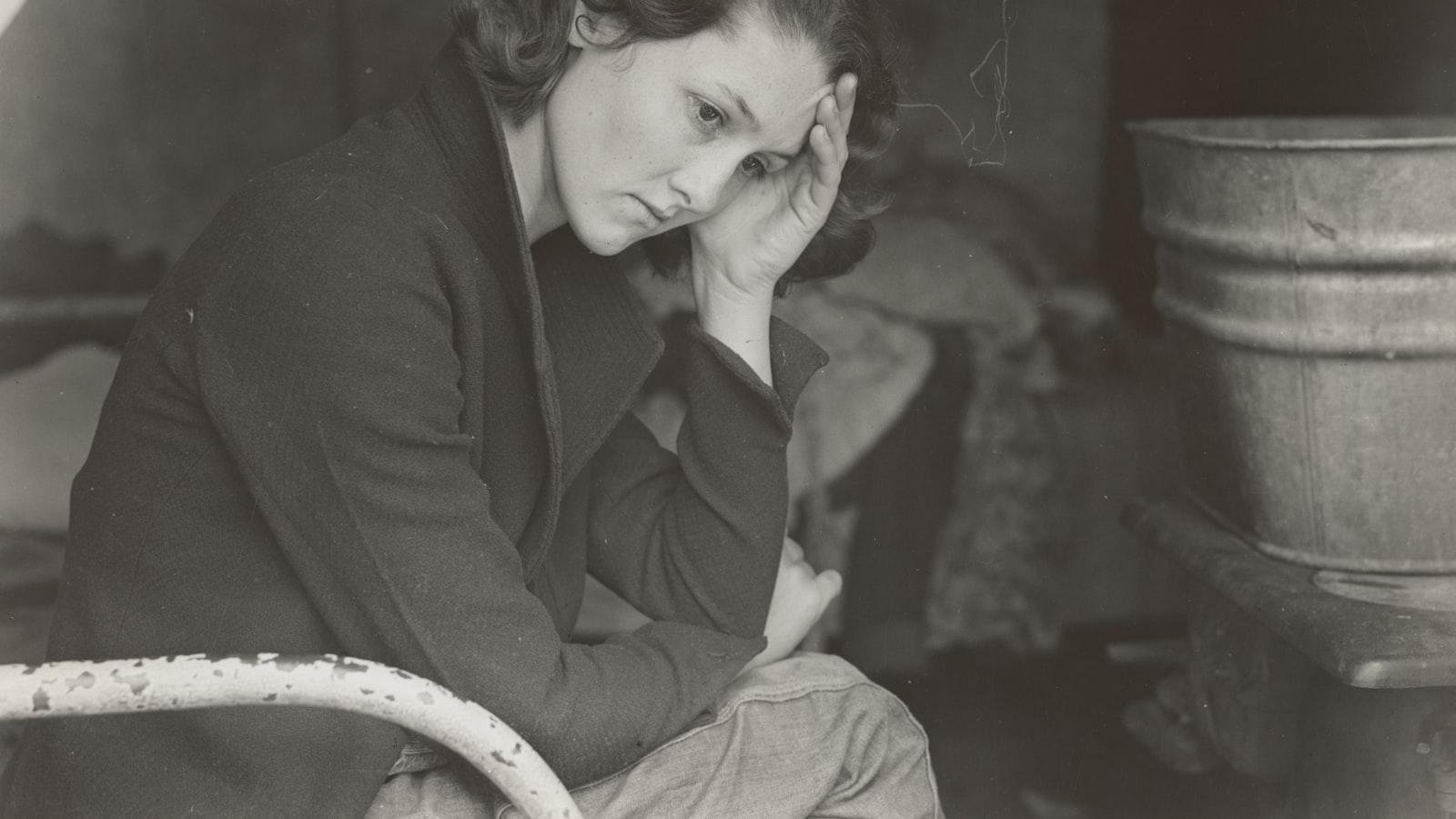Located in the Horn of Africa, Eritrea is a small yet significant country that often goes unnoticed on the global stage. With a rich history dating back thousands of years, Eritrea has a unique culture and heritage that sets it apart from its neighbors. In this article, we will explore the geography, history, and current affairs of this intriguing nation.
History and Independence Struggles
In the late 19th century, Eritrea was colonized by Italy, becoming one of its African possessions. The Italian colonial rule lasted until 1941 when British forces liberated the country during World War II. As a result, Eritrea came under British military administration until 1952 when it was federated with Ethiopia under the United Nations. However, tensions began to rise between Eritrea and Ethiopia, leading to the Eritrean War of Independence that lasted from 1961 to 1991.
The armed struggle for independence was spearheaded by the Eritrean People’s Liberation Front (EPLF) and the Eritrean Liberation Front (ELF), drawing support from the Eritrean people who were determined to break free from Ethiopian rule. After decades of fighting, Eritrea finally gained its independence on May 24, 1991. The Eritrean people came together to celebrate their hard-fought independence, marking a significant chapter in their history and a symbol of resilience and determination in the face of adversity.

Political Situation and Human Rights Concerns
Eritrea continues to face a challenging political situation, with the country being ruled by a single-party system since its independence in 1993. The lack of political pluralism and a free press has led to concerns about human rights violations, including arbitrary arrests, extrajudicial killings, and limited freedom of expression.
One of the major human rights concerns in Eritrea is the indefinite national service program, which has been criticized for its harsh conditions and lack of opportunities for conscripts. Additionally, there are reports of forced labor and restrictions on movement within the country. The international community has called for reforms to address these issues and improve the overall human rights situation in Eritrea.
Economy and Development Challenges
The economy of Eritrea faces significant challenges, primarily due to its heavy reliance on agriculture, which is vulnerable to fluctuations in weather patterns. Limited access to modern technologies and agricultural inputs hinders the sector’s growth potential. Furthermore, the country’s infrastructure, such as roads and power supply, is inadequate, hampering economic development.
Development in Eritrea is also hindered by limited access to education and healthcare services, which are crucial for human capital development. In addition, the lack of foreign investments and a small domestic market limit job creation and overall economic growth. Addressing these challenges will require strategic planning and investment in key sectors such as infrastructure, education, and healthcare to promote sustainable development in Eritrea.
Tourism Potential and Cultural Attractions
Eritrea boasts a rich cultural heritage, with a mix of African, Arab, and European influences that make it a unique destination for travelers. One of the most popular cultural attractions in Eritrea is the ancient city of Adulis, which was once a major trading hub for the region. Visitors can explore the ruins of this ancient port city, including the remains of temples, marketplaces, and even a Roman amphitheater.
For nature enthusiasts, Eritrea offers a diverse range of landscapes to explore. From the rugged mountains of the Sahel region to the pristine beaches along the Red Sea coast, there is something for every type of traveler to enjoy. Some of the top natural attractions in Eritrea include the Dahlak Archipelago, home to a stunning array of marine life, and the Gash-Barka region, where visitors can spot a variety of wildlife, including elephants and leopards.
Key Takeaways
In conclusion, Eritrea is a unique country with a rich history, diverse culture, and stunning landscapes. Despite facing challenges in terms of political stability and human rights, the country continues to strive for progress and development. It is a land of immense potential and opportunity, with much to offer to both its citizens and visitors. As Eritrea continues on its path towards growth and prosperity, it remains a fascinating and dynamic destination worth exploring and understanding.